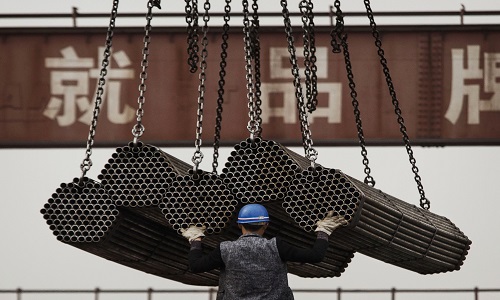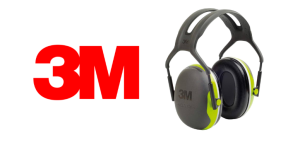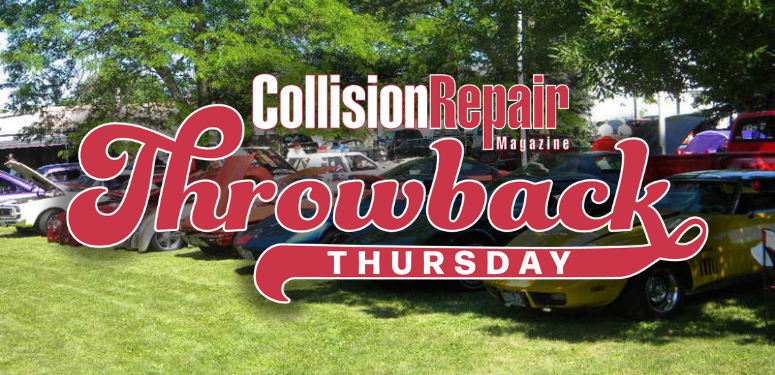By Jeff Sanford
Toronto, Ontario — June 25, 2018 —Steel prices are at a seven year high. Companies all along the steel supply chain, including recyclers, will benefit.
But how long will the boom in the price of scrap steel last?
Trump has worried many by threatening tariffs on a variety of goods, reversing decades of general agreement on free global trade. But as the trend turns, the new 25 percent tax on steel that Trump applied earlier this year seem to be benefiting those in that industry.
This past week steel producer Nucor announced the highest second quarter earnings in its history. In the first half of 2018 the company pulled in net earnings of $1.04 billion, well up from the $679.9 million reported in the same period last year.
“We are pleased to report record second quarter earnings that reflect [years spent] positioning Nucor to take advantage of an upturn in the steel market,” said John Ferriola, chairman, CEO and president. “We have increased our workforce by 18 percent and invested $8 billion since the last cyclical peak in 2008.”
Prices are not as extreme as they were in 2008. Then a decade-long boom in the price of many commodities, from oil to grains to metals and minerals, turned trend as the economy broke down under the weight of the rising cost of raw materials. The commodity price bubble popped as the Great Recession was kicking in.
Now, a decade later, prices have risen again, and that will be welcome news to recyclers who have been negotiating a decade of lower steel scrap prices. That the average scrap cost per ton during the second quarter of 2018 was $373, an 11 percent increase compared to $337 in the first quarter of 2018 (and up 19 percent from $313 in the second quarter of 2017), will be welcome help to many companies in Canada. Recyclers can take advantage of the solid prices to bolster and build their business.
But it may not be wise to assume these prices will last over the long term. Looming a little further out on the horizon are the effects of a recently announced Chinese ban on the importation of recyclable materials, a ban that will include scrap steel.
Those who follow the global recyclables market have been described as “stunned” by the announcement. But the China State Council is pursuing a national policy known as Beautiful China. The Communist Party of China is turning the entire state apparatus to the task of cleaning a country that has suffered an environmental disaster over the last couple decades, on its way to becoming an industrial giant of the world. The new policy will see stricter environmental regulations as the country develops “a more circular economy” and advances its domestic recycling efforts.
The country is in terrible shape environmentally, and so the new regulations can’t be a surprise. But the push to enhance its environmental protections in the world’s most populous country is having effects around the world.
According to the recent announcement there will be a complete ban of all scrap imports by the end of 2020. This ban will be implemented in stages, through 2018 and 2019. A publication, Resource Recycling translated the original Chinese statement from the Institute of Scrap Recycling Industries in that country. The first round of banned materials will include, “… steel slag, post-industrial plastics (PE, PET, PS, PVC), compressed auto pieces, small electric motors and insulated wires, and vessels.” The second round includes stainless steel scrap, and “nonferrous scrap (excluding aluminum and copper) such as titanium and magnesium.”
As this ban comes into effect, some expect the price for scrap steel to drop as the domestic market will be flooded with product.





































